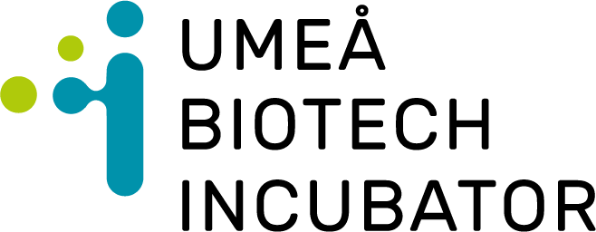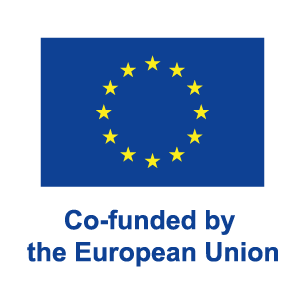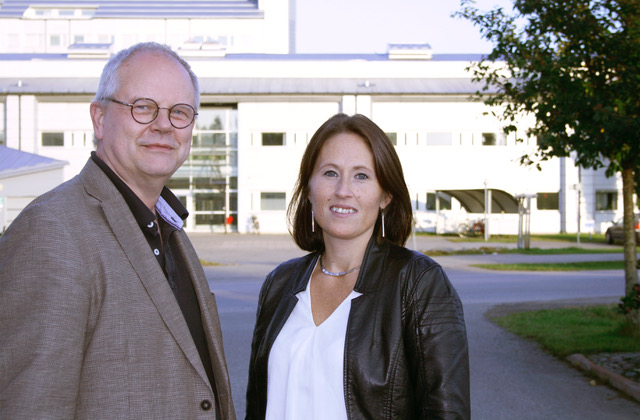Umeå-based Inficure Bio, which is located at the Umeå Biotech Incubator, has developed a process that makes it easier and faster for pharmaceutical companies to test drugs that treat fibrosis, and in particular the presence of scar tissue in organs. Scar tissue occurs when the organ is damaged, and a common cause of organ damage is inflammation of the tissue. Although fibrosis in itself need not be a serious health problem, it can result in organ failure if it builds up. For example fibrosis can occur in a fatty liver, where constant inflammation can create large amounts of fibrosis.
“Fibrosis contributes to more than 40 percent of all deaths in the western world and there are no effective drugs to treat fibrosis on the market yet. With our new model we can help pharmaceutical companies develop treatments for fibrosis more quickly”, says Sofia Mayans, who founded Inficure Bio together with Dan Holmberg.
The company has been awarded SEK 2 million as part of Vinnova’s Innovation Project – an investment program that has allocated SEK 60 million to 43 small and medium-sized companies that show promising commercial potential.
“We are the only company in the county of Västerbotten to receive funding from Vinnova as part of this program, so we are very proud”, says Sofia Mayans.
The money will be invested over 21 months and the project officially started on April 1. The funds will go towards validating so-called renal fibrosis in a preclinical model that only Inficure Bio has access to. The model spontaneously develops fibrosis in, among other things, kidneys and livers, which makes it possible to test different substances and potential new treatments for fibrosis.
It is hoped the investment from Vinnova will fund the validation process of renal fibrosis in the new model, which in turn will enable Inficure Bio to offer the service to pharmaceutical companies. With the help of funds from, among others, Nordic Light Capital and Partnerinvest Norr, Inficure Bio has already validated liver fibrosis in their model, attracting the interest of several customers worldwide, including pharmaceutical companies in Australia, the USA and Europe.
“They send us substances that we test in the model to see how they affect fibrosis. In this way pharmaceutical companies can develop drugs that can treat fibrosis faster and more cheaply”, says Sofia Mayans.
“In the future we will also be able to validate other types of fibrosis, such as in the skin and the lungs. Thanks to the fact our model can develop fibrosis in more than one organ we hope we can contribute to a far more efficient development of drugs against the condition”.
In the US and Europe alone there are more than 180 pharmaceutical companies developing drugs for fibrosis – a potential market of approximately SEK 900 million per year for liver and kidney fibrosis treatments.
“There is a very large market for us out there and if we manage to take 5% of it over the next few years we would be very pleased indeed. We know customers think our model works well and that even academic researchers are extremely positive, so we have high hopes for the future”, says Sofia Mayans.


